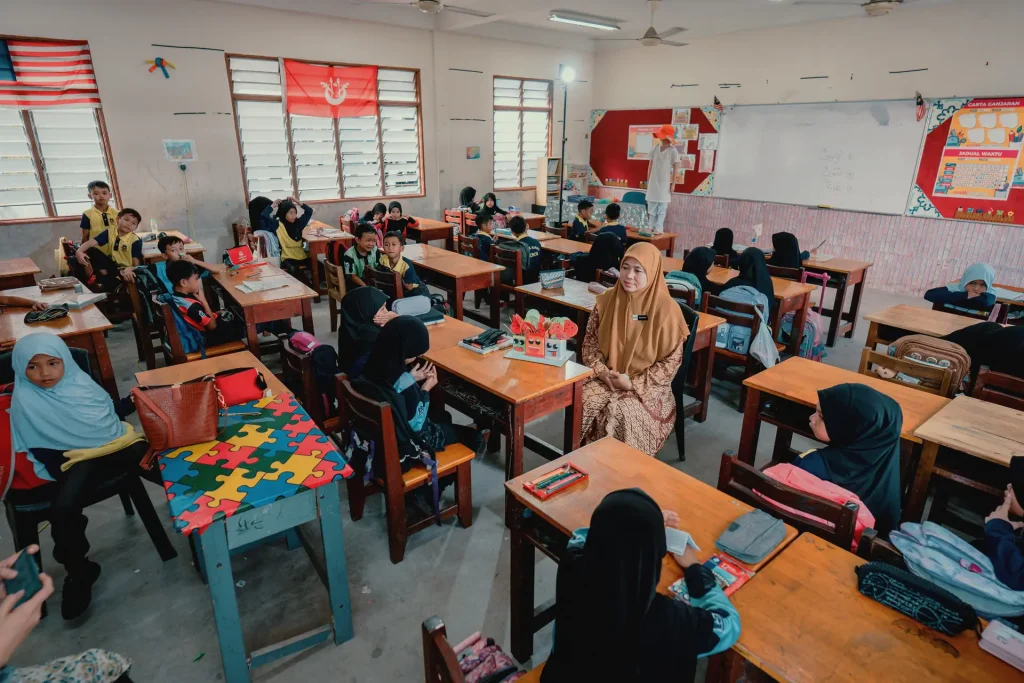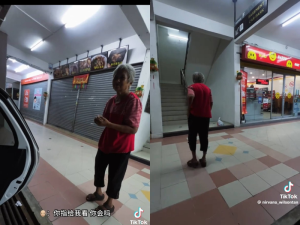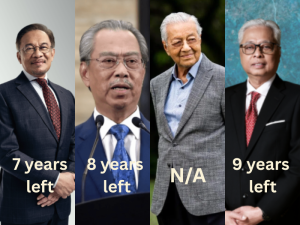In Kelantan, a bold shift is underway as teachers lead a quiet revolution in sex education. Teachers are breaking long-standing taboos to give students vital information about consent, safety, and physical autonomy through creative methods, community involvement, and unwavering commitment.

Image credit: Yayasan Hasanah
Tackling difficult topics with creative solutions
Using visual and auditory methods to teach Comprehensive Sexuality Education (CSE)
Teachers face multiple issues when approaching this lesson, as Cikgu Rohani binti Rajab mentioned, they are only allocated 30 minutes per class and may need to teach pupils with low literacy levels. As a result, teachers need to be creative by developing visual tools, composing songs, and encouraging open dialogue to encourage participation. The mannequin became a powerful teaching aid, as a visual and hands-on method to teach children about inappropriate touch.
To tackle the challenge of low literacy levels in children, Cikgu Rohani composed her own song in Bahasa Kelantan to make the lesson more engaging for them. By using the local dialect, students can more easily understand the sensitive topics such as consent, safety, and physical autonomy.

Image credit: Yayasan Hasanah
Teaching sexual boundaries with a simple green or red card
Fellow educator Cikgu Yusliza binti Kamarudin leads classroom lessons focused not on academic drills, but on bodily autonomy, personal safety, and trust. Students learn to distinguish between “good touch” and “bad touch” using green and red cards, which is a simple yet powerful way to reinforce boundaries.

Image credit: Yayasan Hasanah
Breaking misconceptions on sex ed
Sex education has long been a taboo topic in Malaysia, especially in conservative regions like Kelantan. However, recent data underscores the urgent need for age-appropriate education. The Children Statistics Malaysia 2024 report revealed a 26.5% rise in reported child sexual offences in 2023. Meanwhile, the Adolescents Health Survey 2022 found that Kelantan’s adolescent sexual activity rate is 7.3%, higher than the national average of 5.7%.
These worrying trends prompted the Reproductive Health Association of Kelantan (ReHAK) to act. With support from the Hasanah Special Grant under the Ministry of Finance, ReHAK launched a pilot program aimed at strengthening teachers’ capacity, which is Comprehensive Sexuality Education (CSE) program in schools across the Bachok district.
In the program’s initial phase, ReHAK reached 53 schools in Bachok. Subsequently, they narrowed their focus to eight institutions based on the active involvement of educators and parent-teacher associations.
“Initially, they were shy to ask questions. But now the students understand CSE better. They’re more open to asking questions — not just in class, but even to their parents.” says Cikgu Yusliza, who began teaching the module in 2021.

Image credit: Yayasan Hasanah
“Teachers are the adults closest to students, as they spend a significant amount of time in schools. We believe their role is critical in a child’s development. The classroom should be a safe space for students to learn and express their views,” says Tengku Nur Fadzilah Tengku Hassan, the ReHAK State Manager.

From hesitation to growing demand for sex ed
Though the formal program has concluded, the work continues in schools like SK Kandis, where children raise colored cards to express their understanding of safety and where teachers continue to guide critical conversations. ReHAK still receives invitations from schools and communities, a clear sign that what once sparked hesitation is slowly gaining acceptance.
For advocates like Tengku Nur Fadzilah, the mission is far from over. The change may have started in the classroom, but its impact must eventually spread into homes, communities, and the general public’s perception. Only then will safety, consent, and respect become the common foundation for protecting every child.
Follow Wah Piang for more stories.





